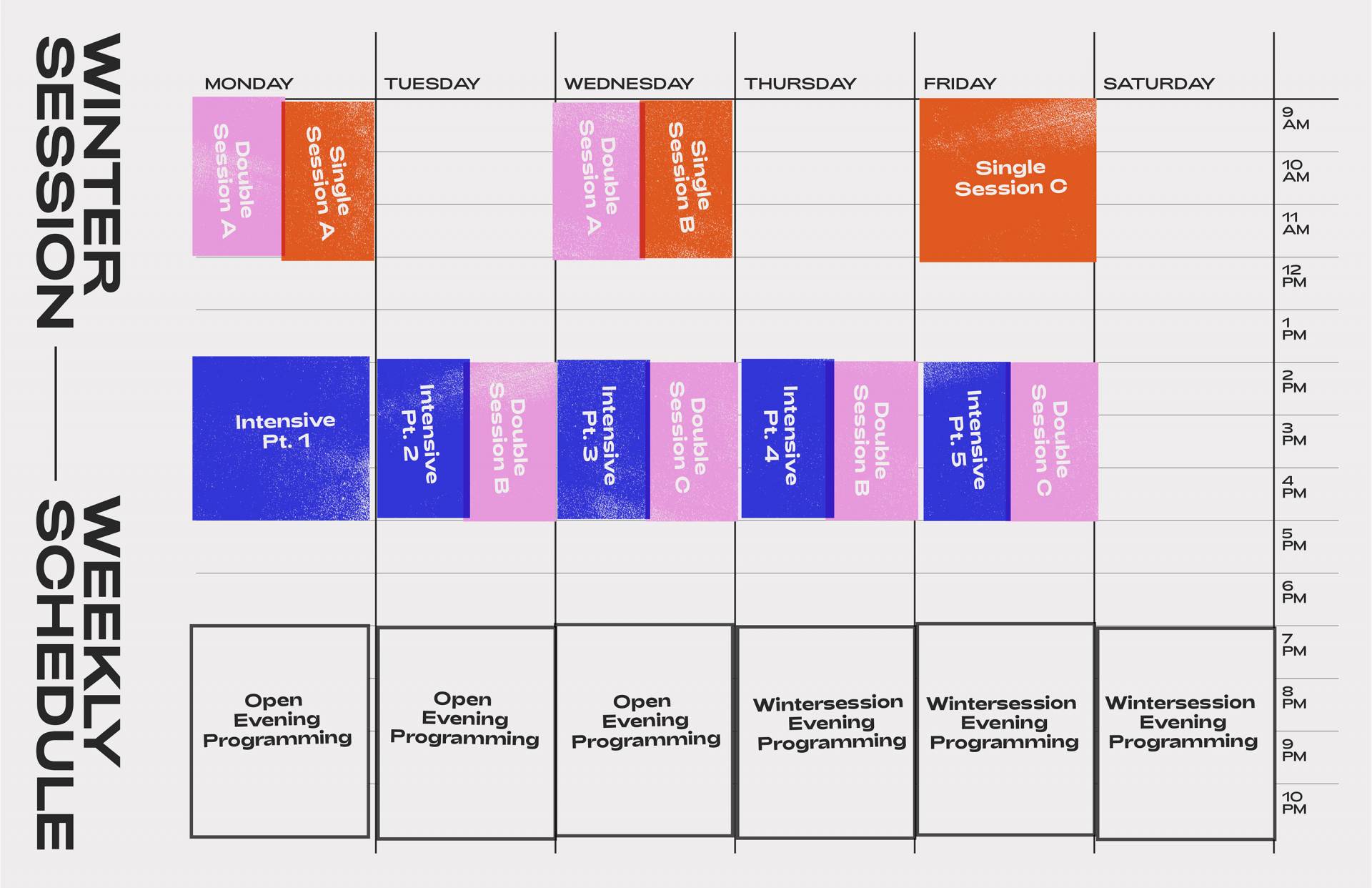Students, faculty and staff can help plan University Wintersession 2021 program
The first University-wide Wintersession is less than a year away, and students, faculty and staff can help develop workshops, events and trips for the new program scheduled Jan. 11-24, 2021.
The Office of Wintersession and Campus Engagement has launched a new Wintersession website to answer questions, outline key dates and deadlines, and provide planning updates. Campus focus groups to brainstorm Wintersession activities will be held this semester.
“Wintersession will offer unique and unconventional learning opportunities,” said Judy Jarvis, director of Wintersession and campus engagement. “We want people to challenge themselves, share their passions with others, learn new skills and have fun.”
Wintersession is a two-week experience for Princeton University community members to experiment and explore through non-graded learning opportunities. The optional Wintersession term is a signature of the University’s new academic calendar, which will begin in the 2020-21 academic year.
“Wintersession will showcase the skills and talents of our whole community: undergraduate students, graduate students, staff and faculty can participate as teachers, learners or both,” Jarvis said. Jarvis is overseeing the implementation of Wintersession with Leanna Jahnke, program coordinator for Wintersession and campus engagement.
Focus groups for undergraduate and graduate students will be held this month and students can sign up online to participate. Faculty and staff focus groups will be scheduled for March. For more information on focus groups or to register for the faculty and staff sessions, email Jahnke at [email protected].
“This spring is all about connecting with the campus community to learn exactly what content they would like to see in Wintersession 2021,” Jarvis said. “We also hope to recruit undergraduate and graduate students to consider teaching, especially teaching something they are passionate about that their daily studies may not allow them to explore. In addition to the formal focus groups, we are also meeting with individuals and student organizations to collect ideas.”
Jarvis has already met with over 30 administrative and academic departments to inform the basic structure of Wintersession. There will be five types of Wintersession offerings: intensive daily workshops, twice-weekly double session workshops, single session workshops, evening programs, and off-campus local or regional trips.

This sample calendar shows the five types of offerings for the University’s new Wintersession program starting January 2021. The two-week Wintersession will feature different activities each week: intensive daily workshops, twice-weekly double session workshops, single session workshops, evening programs, and off-campus local or regional trips. Students, faculty and staff can brainstorm ideas for Wintersession activities at focus groups this semester, and later can propose to organize and lead activities once the event proposal process opens in June.
“Like a conference, undergraduate students, graduate students, staff and faculty can submit proposals to lead a session,” Jarvis said. “Like a festival, there will be keynote and evening offerings that anyone in the University community can attend. Those events will be organized by a combination of the central Wintersession office, other campus offices and student groups.”
Housing and dining halls will be open Jan. 11-24, 2021, so students (even those without meal plans during the semester) can eat on campus while they participate in Wintersession, Jarvis said.
Beginning in June, the Wintersession Advisory Committee of students, faculty and staff will begin accepting proposals for workshops, events and trips. Proposals will be reviewed and approved on a rolling basis. The final deadline to submit a proposal will be early October.
Alumni may also participate in Wintersession by hosting students for a Princeternship at their workplaces through the Center for Career Development, or working through the Alumni Association to propose a workshop or event on campus. More information on alumni participation is available on the Wintersession website.
The full slate of Wintersession activities will be released in November, the same month that students, faculty and staff may register for workshops, classes and trips. Most Wintersession evening events will be open to all campus community members with no registration required.
Wintersession builds on the Undergraduate Student Government’s annual week of learning between fall and spring semesters, where students could acquire new skills such as baking, taiko drumming and tax preparation. After seven years, the USG held its last Wintersession in January.
Jarvis said she’s grateful for the USG’s work and continues to collaborate with student government leaders on ideas for the new Wintersession in January 2021.
“Part of the support for a University-wide Wintersession is due to the success of USG’s former program. The USG showed there is indeed student interest in teaching and taking non-credit classes during the January break time,” Jarvis said. “With the new academic calendar, we can now expand Wintersession to two weeks and allow undergraduate students, graduate students, faculty and staff all the opportunity to teach and/or participate in workshops, evening events and trips.”

